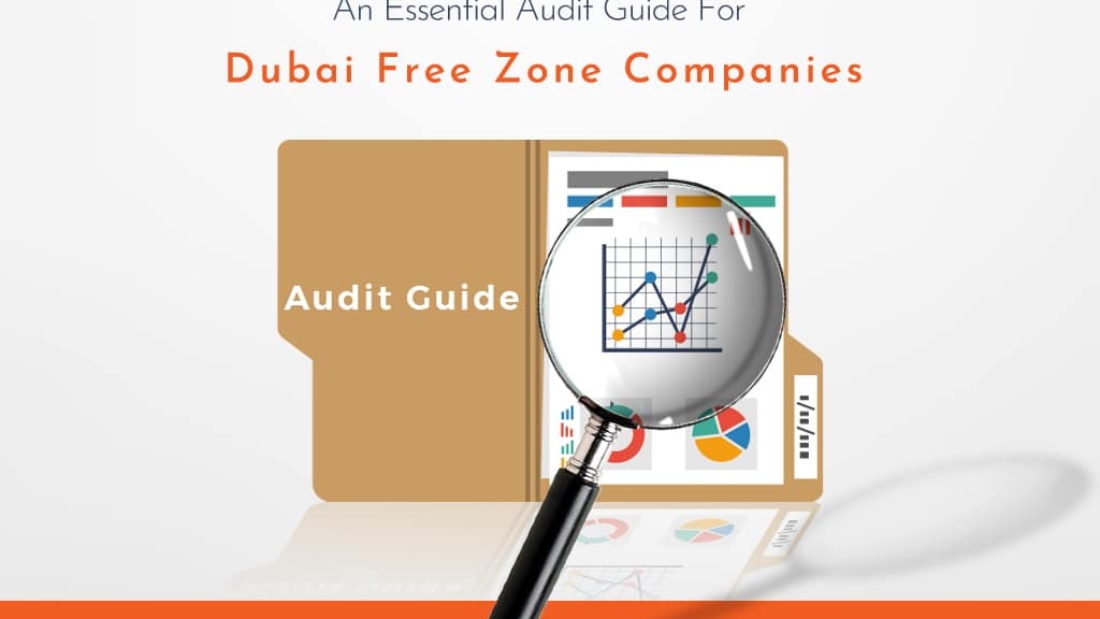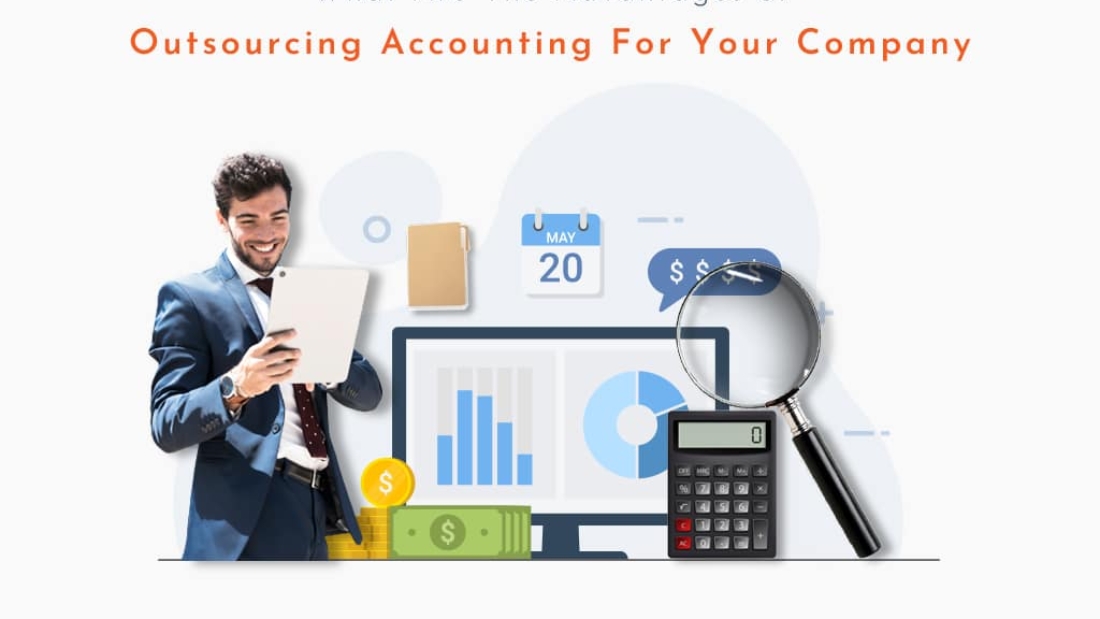Practitioners and employees of audit firms in the UAE must be aware of and assess the risk of money laundering. Money laundering is a major concern for auditors, as criminals attempt to use their services to make their illegal businesses or legal arrangements appear more legitimate. Auditors look at a company’s accounts, records, governing structures, and internal controls, so they’re in a unique position to spot AML-CFT risks.
This unique position necessitates audit professionals ensuring that they and the companies they audit are in compliance with the AML-CFT requirements outlined in Cabinet Decision No. 10) of 2019 Concerning the Implementing Regulation of Decree-Law No. (20) of 2018 On Anti-Money Laundering and Combating the Financing of Terrorism and Illegal Organizations. This article discusses the best practises for auditors to detect and assess their own ML/FT risks, as well as the auditor’s responsibility to assist clients with AML/CFT obligations. Continue to the next section.
Auditors’ AML/CFT Requirements
- ML/FT risks must be identified and assessed.
- Developing, documenting, and upgrading policies and procedures to address the identified ML/FT threats
- Keeping proper risk-based customer due diligence (CDD) and monitoring mechanisms in place
- Suspicious transactions are detected and reported.
- Putting in place a suitable AML/CFT governance framework, including the appointment of an AML/CFT Compliance Officer and adequate employee screening and training
- Keeping proper records for all of the aforementioned
- Following the instructions of the state’s relevant authorities in regard to UN Lists and council resolutions.
- Assessing the ML/CFT Risks Facing the Auditor
External auditors are typically tasked with analysing or offering an opinion on a wide variety of financial activities that may be subject to money laundering hazards. The approval of changes in a company’s capital structure or dividend payouts; the approval of a merger or acquisition; the permission of a write-off of uncollected debt, or the use of a reserve account, or similar corporate acts are examples of these operations.
Aside from that, auditors frequently collect payment from clients that may be criminal proceeds. Customer risk, regional risk, channel risk, and product and service risk should all be considered by auditors in order to avoid such dangers. The following factors should be considered as part of the due diligence procedure:
- The client’s type, size, and difficulty. Determine whether the client is a single legal entity or a part of a bigger, more complex organisation.
- Check to see if the client is from a high-risk country. Beneficial owners, senior managers, legal agents or signatories, and other individuals must all be subjected to this investigation.
- To assess sectoral risk, a client’s industry/sector must be scanned.
- Examine how the client is introduced in terms of communication (referral, walk-in, in-person meeting, remote communication via the internet)
- Financial arrangements vary in terms of type, size, geographical origins, and odd nature.
For example, the ML/FT risk profile of a free zone firm involved in international electronics trade and whose ownership includes persons from high-risk countries may differ from that of a mainland UAE public joint-stock company producing items for domestic consumption. The auditors should detect and assess risks based on the client profiles, and efficiently allocate the auditor’s AML/CFT resources to mitigate the risks.
Internal AML/CFT Controls of a Client’s Guide
The auditors should look at the client’s AML/CFT internal controls, policies, procedures, and governance structures while conducting the external audit. Auditors should conduct the following tests in this regard:
- Examine whether the customer has set aside adequate resources, such as an AML/CFT compliance officer, senior management, risk managers, and so on.
- Examine whether the company’s policies and procedures are in line with its stated risk tolerance.
- Internal controls, policies, and processes, as well as governance structures, must all be in place and in compliance with AML/CFT rules.
- Ascertain that the client’s internal controls, policies, and processes follow a risk-based approach.
- Examine how well staff are informed of and trained on AML/CFT internal controls.
- Examine the internal controls, policies, and processes to ensure that they are working properly.
- Internal controls, rules, and procedures are documented, kept on file, and updated on a regular basis.
Auditors Must Be Aware of the Following Money Laundering Threats:
Money launderers’ tactics for legitimising unlawful funds are always improving, and criminals employ sophisticated money washing techniques. In light of this, compiling an entire list of money laundering concerns is difficult, but research conducted around the world indicates to three basic types of money laundering strategies. It’s as follows:
- Keeping the ultimate beneficial owner’s identity hidden (UBO)
- Keeping the unlawful source of monies involved hidden or disguised
- Taking use of assets by transferring or extracting value or utility for the profit of criminals
Auditors should be aware that their customers may use a variety of money laundering strategies in one transaction or a series of related transactions. As a result, auditors should keep an eye out for all types of questionable transactions. Money laundering risks can be effectively mitigated by consulting with top AML consultants in Dubai.
You Can Get Help From Us
External auditors are classified as Designated Non-Financial Businesses and Professions (DNFBP) in the UAE, and are regulated by the Ministry of Economy for AML/CFT compliance. The auditors are expected to comply with AML / CFT duties as DNBPs, including registering in the goAML system. Failure to comply with necessary AML / CFT duties can result in heavy penalties of up to AED 1 million, necessitating the aid of top AML experts in Dubai,UAE.
Our team has a highly qualified team that can assist DNFBPs such as real estate brokers, gold and precious metal merchants, trusts, and corporate service providers in putting in place a strong anti-money laundering system. We can help with designing compliance policies and procedures, assessing current AML policies, implementing AML/ KYC/ CFT plans and frameworks, AML auditing and reporting, assisting with due diligence frameworks, and giving AML training to staff, among other things. Hire our AML compliance services in Dubai to combat money laundering using the most up-to-date regulatory standards.










